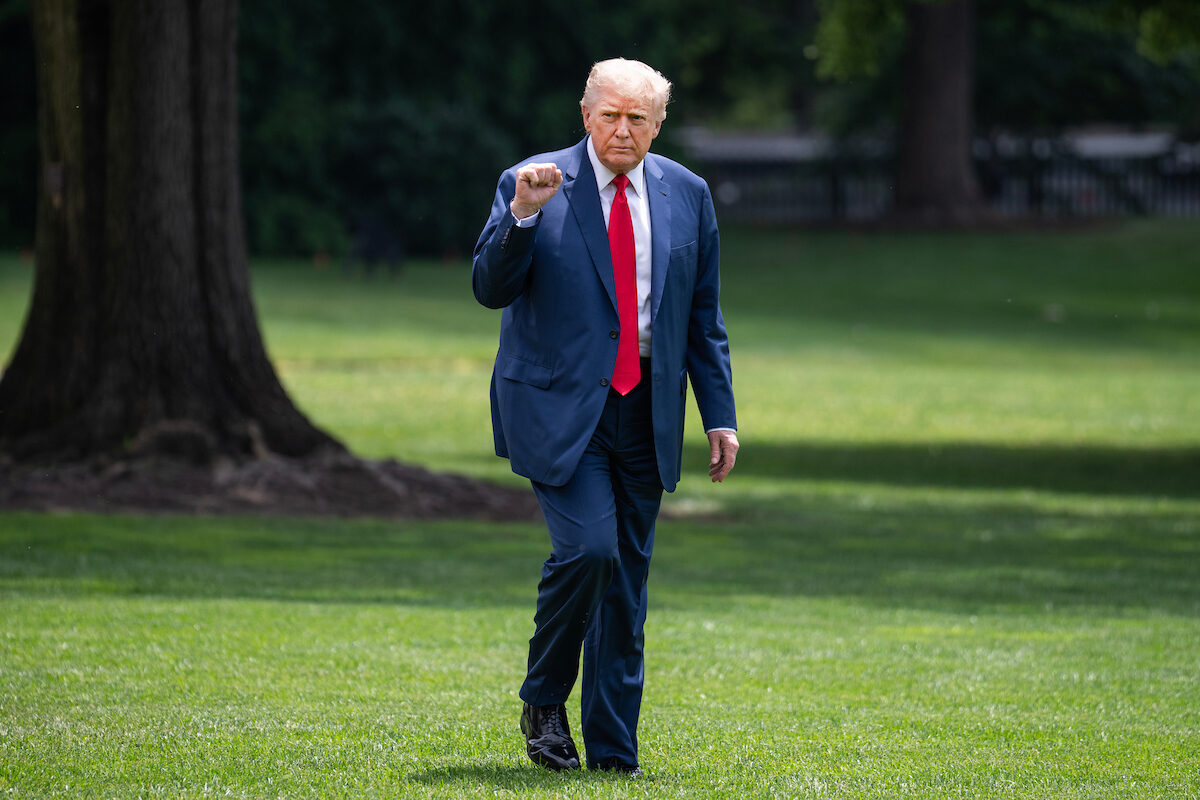President Donald Trump’s escalating allegations against former President Barack Obama and his top aides have ignited a fierce backlash from Democrats, who are branding the claims as part of a dangerous ‘politics of fear.’ This renewed focus on perceived political adversaries marks a significant escalation in the ongoing partisan tensions within US Politics.
Trump has leveled unfounded allegations of intelligence-tampering against Obama and his inner circle, even going so far as to describe the former president’s alleged actions as treasonous. These assertions are a clear attempt to reframe past events and cast blame, creating a narrative of deep-seated conspiracy involving high-level officials from the previous White House.
Democratic Party lawmakers have swiftly condemned these accusations, expressing grave concerns over what they perceive as a deliberate distraction from critical national issues. Figures like Senator Gary Peters emphasized the failure of Republican colleagues to provide independent oversight, while California Representative Pete Aguilar dismissed the claims as a transparent effort by Donald Trump to divert attention.
The timing of these pronouncements, especially amidst other unfolding controversies, suggests a calculated political strategy aimed at energizing his base and shifting public discourse. The allegations of intelligence manipulation mirror a broader pattern of questioning institutional integrity, a recurring theme in the current administration’s approach to governance.
Barack Obama‘s spokesman, Patrick Rodenbush, issued a rare public statement, calling the claims “outrageous enough to merit one,” despite normally not dignifying “constant nonsense and misinformation flowing out of this White House.” This response underscores the severity with which the former administration views these particular accusations.
The ‘politics of fear’ narrative was further amplified by former Transportation Secretary Pete Buttigieg, who warned against its insidious spread and the perceived reality of political retribution in contemporary American society. This sentiment reflects a growing concern among opposition figures about the erosion of traditional political norms and the intensification of partisan warfare in US Politics.
Social media has also become a battleground for these escalating tensions, with provocative imagery and memes, such as the widely circulated recreation of a 1994 car chase, seemingly deployed to underscore these allegations and imply retribution. Such digital tactics are often utilized to bypass traditional media and directly engage with a partisan audience.
Democrats argue that these persistent and unsubstantiated claims are merely a smoke screen designed to shield the current administration from scrutiny on other fronts. They contend that the public is capable of discerning these maneuvers, and that the constant deflection hinders genuine progress on issues that truly impact the American people.
As the political landscape remains deeply polarized, the continuing volley of accusations and counter-accusations between Donald Trump and the Democratic Party highlights the persistent ideological chasm. This ongoing friction is shaping the narrative for future electoral contests and impacting the trust in governmental institutions.






Leave a Reply